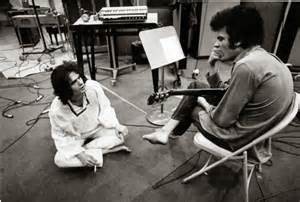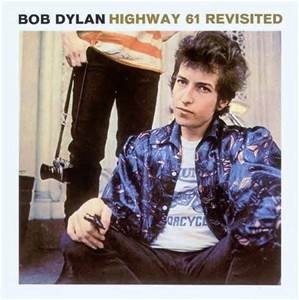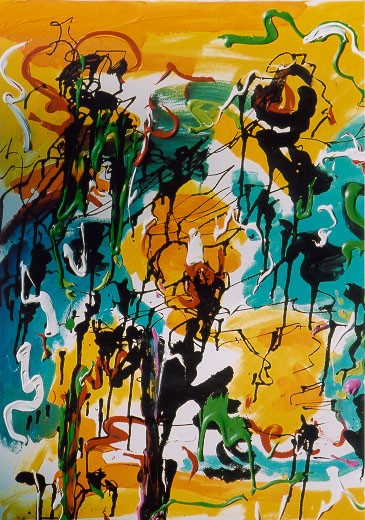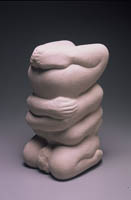Helping Bob Dylan Create His Masterpiece
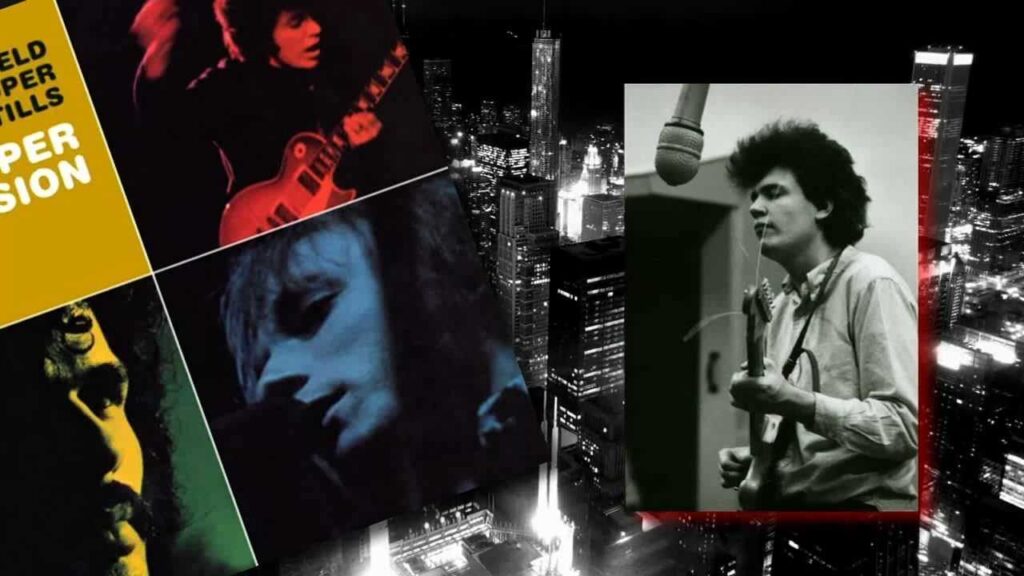
Mike Bloomfield’s and Al Kooper’s excellent adventure recording “Like A Rolling Stone”
Mike Bloomfield and Al Kooper met at the dawn of Bob Dylan’s conversion to electric folk-rock music. Their brief but enormously productive collaboration with Dylan helped create, among other things, what Rolling Stone has declared “the greatest song of all-time.”
Bloomfield and Kooper struck up a friendship and would cross paths in the years ahead. The two were united by their love of the blues.
Mike Bloomfield
Mike Bloomfield grew up in a wealthy Jewish family on Chicago’s North side. He learned guitar and gravitated toward the blues (not a difficult stretch in Chicago). He perfected his craft, creating a steady, fluid, clean, chiming guitar sound. Bloomfield favored a 1959 Les Paul Standard.
He became lead guitarist in the Paul Butterfield Blues Band. On the band’s second album, East-West, Bloomfield made his bones on the 13-minute title track with a guitar solo that combined “elements of blues, jazz, psychedelic rock and classical Indian raga.”
Al Kooper
Al Kooper grew up in Brooklyn and moved to Greenwich Village to pursue music and songwriting. (He was a member of the songwriting team that wrote “This Diamond Ring” for Gary Lewis and the Playboys.) Though primarily a guitarist, Kooper joined the very New York-ish band The Blues Project as a keyboard player…a conversion that would come in very handy down the road.
Kooper went on to found Blood, Sweat & Tears, but did not share in its iconic glory; he left after one album. Interestingly, Al Kooper was instrumental in the rise of Lynyrd Skynyrd, one of the best country-rock bands ever. Kooper played on the band’s first three albums.
Helping Create Dylan’s Masterpiece
In the summer of 1965, Bob Dylan was putting together studio players for his sixth studio recording for Columbia Records, Highway 61 Revisited. For lead guitar, Dylan picked Mike Bloomfield, whose talents Dylan greatly admired. Al Kooper attended the first sessions, but was told by producer Tom Wilson that no more guitars were needed. Unperturbed, Kooper “managed to sit in on the session, and he improvised an organ riff that…became a crucial element of the recording.”

Yes, that’s Al Kooper playing keyboards on the song, “Like a Rolling Stone,” an instrumental performance which the magazine Rolling Stone described as “one of the great moments of pop music serendipity.” During that session, Dylan reportedly shouted, “Turn up that organ!” In later sessions for the album, Dylan even invited Kooper to his Woodstock, NY, enclave to help write chords to other songs.
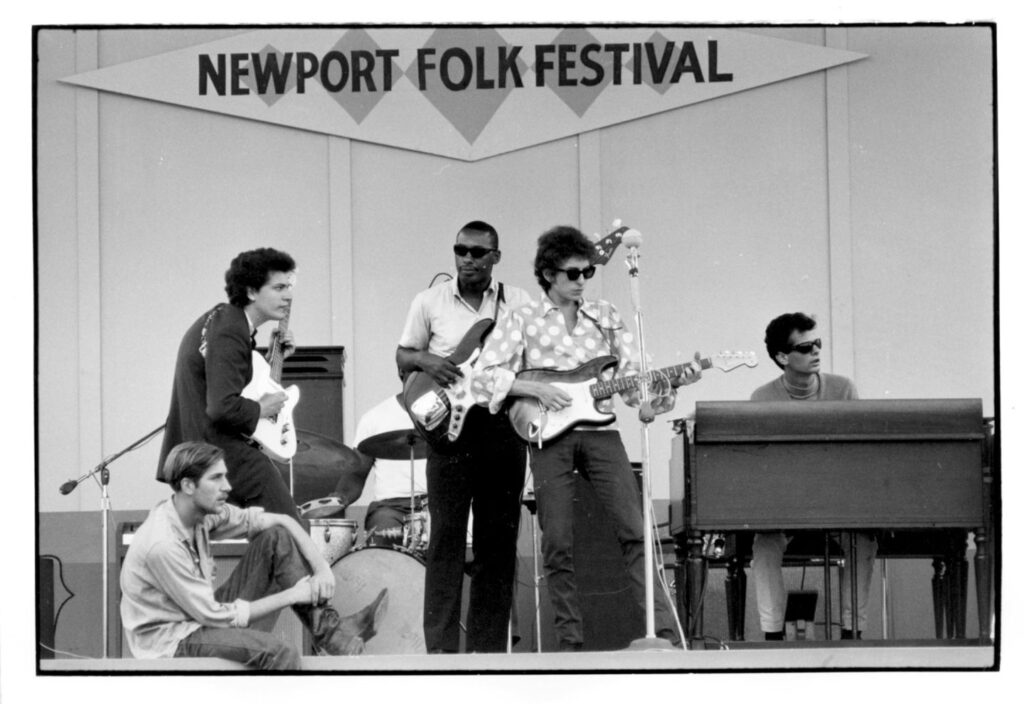
Kooper and Bloomfield accompanied Bob Dylan to the 1965 Newport Folk Festival. As Dylan revealed his new roster of electrified songs, the band was booed throughout the performance by folk purists. This was perhaps the key moment in the inevitable ascendancy of electric rock music. Dylan’s transformation stunned the crowd.
Two Friends On Their Own
After the heady times of playing alongside Bob Dylan, both Bloomfield and Kooper formed their own bands. As mentioned, Al Kooper founded Blood, Sweat & Tears and released the iconic album, Child Is Father To Man. (People of a certain age should remember Kooper’s smirk after the lyric, “I could be president of General Motors…”)
Mike Bloomfield formed Electric Flag and released the blues-flavored album, A Long Time Comin’. His guitar solo on the first track, on a Howlin’ Wolf song titled “Killing Floor,” remains my all-time favorite.
In May 1968, the two reunited to record a studio album that tested their blues pedigrees. Al Kooper booked two days of studio time, and asked Bloomfield to recruit highly regarded bass player Harvey Brooks. On the first day, on the album that would be appropriately titled Super Session, Mike Bloomfield and Al Kooper created a tightly-produced set of blues jams (side one on vinyl) that would become staple in every blues fan’s record library.
But on the second day, Bloomfield couldn’t make it. He blamed his “insomnia.” Kooper hastily recruited Stephen Stills, late of Buffalo Springfield, to finish off the album. The combination seemed to work: Super Session peaked at number 12 on the Billboard charts and became a certified gold record. It remains Bloomfield’s biggest selling album.
Coda
Mike Bloomfield was found dead in his car in San Francisco on February 15, 1981. Police found an empty bottle of Valium but no suicide note. The medical examiner ruled the death accidental.
Al Kooper recently retired from teaching songwriting and recording at Boston’s Berklee College of Music, from which he holds an Honorary Doctorate. He still performs with a wide variety of musicians.
Here is the song, “Albert’s Shuffle,” from Super Session. Mike Bloomfield’s guitar is flawless. The video is published by catman916 via YouTube:
